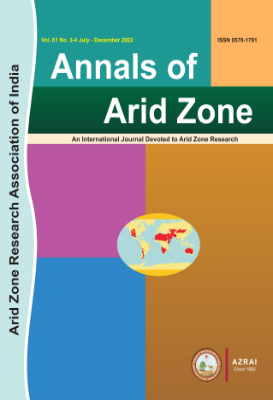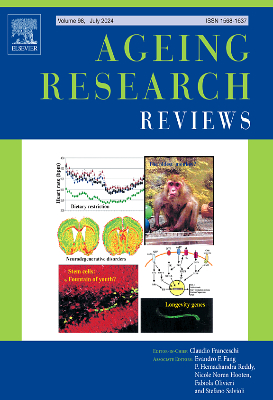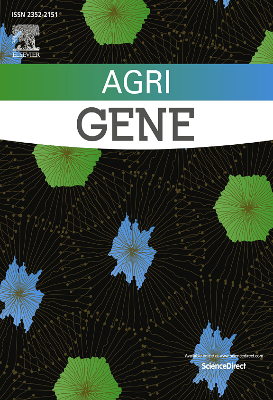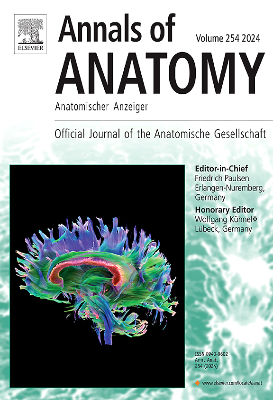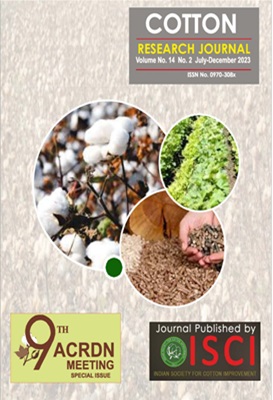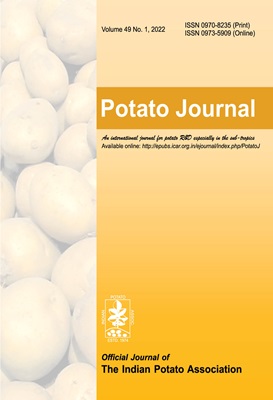Annals of Arid Zone
Focus and Scope The Annals of Arid Zone is a open access journal totally devoted to dryland and arid zone research. The Journal accepts the original research and review articles covering diverse fields like dryland agriculture, crop management, soil-plant-water relationship, range ecology and management, solar energy utilization, desertification, rangelands, sand dunes, livestock, agroforestry, wind erosion, watershed management, biodiversity, integrated farming systems, climate change, hydrology, etc. publishes the findings of research relevant to dryland in general and arid zone (hot and cold) in particular. Peer Review Process The research/ review article within one week of its submission is sent to two different independent referees. They are selected on basis of their expertise in areas of paper received, have ability to logically comments based on the content, with no conflicts of interest and also reliable to do review in the given timeframe. Referees are expected to respond to the editor’s request for advice within a limited period of time (3 weeks), which is clearly stated by the editor. A comment sheet is also provided to him for seeking his advice on all aspects of the article. He is advised to return the manuscript immediately without comments if it is not possible for him to attend to a manuscript within this period, so that the editor can send it to another referee without further delay. Generally 6 weeks’ time is given to the each reviewer for completion of review the research article. Comments from the referee are received by the editor within the stipulated timeframe If the reports of both referees disagree with regard to the suitability of the paper for publication, advice of a third referee is sought. Comments received from both referees: Article is sent to author for modification along with comments of referees. At this stage editor completes the preliminary editing. It includes checking in-house style (presentation of title, affiliations, present address, abstract, scientific nomenclature, text and reference presentation as per the Journals’ format). Comments not received from both referees: If comments are not received from both referees within the stipulated timeframe, reminder is sent to them. Reminder to referee from whom the comments not received: If comments are not received from either of the one referee within the stipulated timeframe, reminder is sent to him. However if his reply is not coming in a stipulated time, editor takes suitable action on the basis of comments received from one referee. In case of no reply from both the referees the article is sent to a new referee. Rejection of the article on the basis of comments of referees: The article is rejected on the basis of comments of referee/referees. The author is informed accordingly. Author does not agree with the adverse comments of one referee or in the meantime suitable comments are received from Second referee: Editor’s decision independently or in consultation with editorial board, is final. Editor may ask the first referee or a third referee to go through the comments of first referee, reply of author to comments of referee and /or contradictory comments of second referee. Favorable comments are received from second referee after the modification: Input of the second referee is incorporated in modified article. Author is contacted if referee asks for inclusion of more information in the form of table, figs or references. Adverse comments received from the second referee at any stage: Author is informed of the adverse comments from second referee and action is stalled (even at proof stage) till final decision. Editor’s decision independently or in consultation with editorial board, is final. Acceptance of the article is sent to author. Plagiarism: Plagiarism will be checked by iThenticate software. Articles/ manuscripts with text resemblance less than 20 % (excluding standard text in methods and references in text as well as bibliography) will be only be excepted for publication. Publication Frequency The journal is published quarterly. Open Access Policy The Journal is available as Open Access under the Creative Commons Attribution-Non Commercial-Share Alike 4.0 International License. Ethical Policy Our interaction with our authors is built upon a foundation of trust, and we operate on the principle of good faith when it comes to publishing submitted materials. We uphold the belief that every author, referee, and editor should openly disclose any conflicting or competing interests tied to a specific article. Our evaluation of manuscripts is impartial, irrespective of authors’ attributes such as race, gender, religious beliefs, ethnicity, citizenship, age, or reputation. We exclusively consider fresh submissions that have not been previously published or simultaneously submitted elsewhere. It is imperative that the reproduction of content from other papers be accompanied by appropriate source credits, and any form of plagiarism, whether it involves the uncredited use of external text or the creation of multiple papers with substantially similar content by the same authors, is strictly prohibited and is sole responsibility of the author. Simultaneous submission of identical findings to multiple journals is deemed unethical, with exceptions granted to review articles that include proper citations. Authors are responsible for acknowledging the contributions of other researchers that have influenced their research and should duly reference the publications that have shaped the trajectory and progress of their study The Publisher will address the matters related to authorship and contributorship, managing complaints and appeals, addressing allegations of research misconduct, handling conflicts of interest, ensuring ethical oversight, addressing intellectual property rights (IPR) concerns, facilitating post-publication discussions, and managing corrections and retractions. Throughout this process, we adhere to the guidelines set forth by the Committee on Publication Ethics (COPE) Sponsors ICAR-Central Arid Zone Research Institute, Jodhpur-342003 Journal History The Arid Zone Research Association of India, Jodhpur (India) (AZRAI; Regd No: 17988/69) was formed in 1962 to disseminate research findings related to a variety of issues through interdisciplinary researches concerned with the development of arid zone. A quarterly journal, Annals of Arid Zone was started in 1963. Recently the association has published 54th volume of Annals of Arid Zone in 2015.
| Publication Language |
English |
|---|---|
| Publication Access Type |
Open Access |
| Publication Author |
* |
| Publisher |
ICAR |
| Publication Year |
2024 |
| Publication Type |
eJournals |
Kindly Login to ICAR Digital Library Portal.

